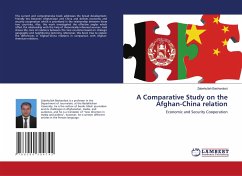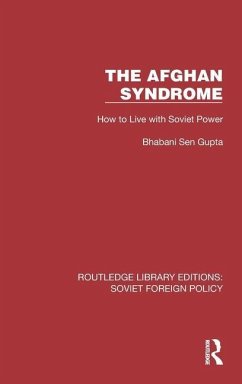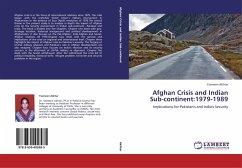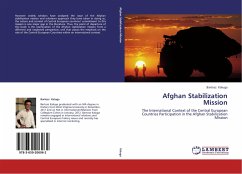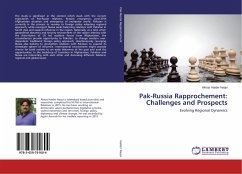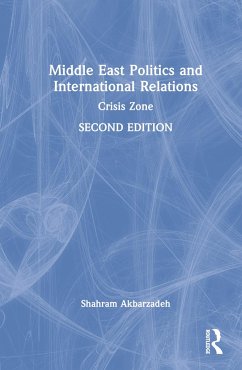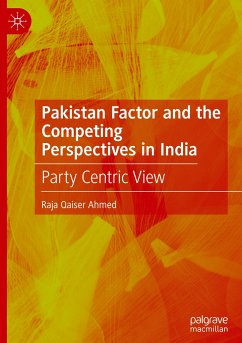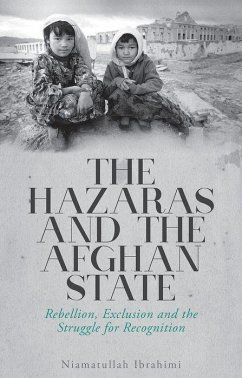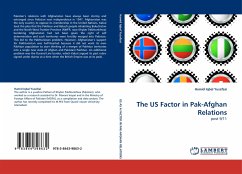
The US Factor in Pak-Afghan Relations
post 9/11
Versandkostenfrei!
Versandfertig in 6-10 Tagen
39,99 €
inkl. MwSt.

PAYBACK Punkte
20 °P sammeln!
Pakistan's relations with Afghanistan have always been stormy and estranged since Pakistan won independence in 1947. Afghanistan was the only country to oppose its membership in the United Nations. Kabul took the plea that the Pakhtun and Baluch people inhabiting Baluchistan and the North West Frontier Province (NWFP, now Khyber Pakhtunkhwa) bordering Afghanistan had not been given the right of self determination and such territories were forcibly merged into Pakistan. This led to the Pakhtunistan problem. However, Afghanistan's support for Pakhtunistan was half-hearted because it did not want...
Pakistan's relations with Afghanistan have always been stormy and estranged since Pakistan won independence in 1947. Afghanistan was the only country to oppose its membership in the United Nations. Kabul took the plea that the Pakhtun and Baluch people inhabiting Baluchistan and the North West Frontier Province (NWFP, now Khyber Pakhtunkhwa) bordering Afghanistan had not been given the right of self determination and such territories were forcibly merged into Pakistan. This led to the Pakhtunistan problem. However, Afghanistan's support for Pakhtunistan was half-hearted because it did not want its own Pakhtun population to start thinking of a merger of Pakhtun territories into a single new state of Afghan and Pakistani Pakhtun. An additional problem was the Durand Line border, which Kabul argued its past rulers signed under duress at a time when the British Empire was at its peak.




